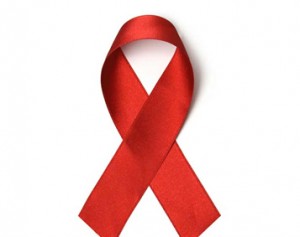Minister proposes anti-retroviral therapy refill at home
 Ms Mavis Ama Frempong, the Eastern Regional Minister, has called for the introduction of refilling of the Antiretroviral Therapy (ART) drugs in the home of People Living with HIV (PLHIV) in the Region.
Ms Mavis Ama Frempong, the Eastern Regional Minister, has called for the introduction of refilling of the Antiretroviral Therapy (ART) drugs in the home of People Living with HIV (PLHIV) in the Region.
She said such a practice could help reduce the tendency where some of the PLHIV could not sustain their treatment because they could not get money for transportation from their homes to the treatment centers.
The Regional Minister was speaking at an Eastern Regional Consultative meeting on the “First 90 Campaign” organized by the Ghana AIDS Commission.
The “First 90 Campaign” is a global campaign which is aimed at getting 90 per cent of all PLHIV is Ghana to get tested to know their HIV status by the year 2020.
The First 90 campaign forms part of a UNAID global campaign under the Sustainable Development Goals which aims at eliminating AIDS as a public health threat by 2030 and as a short term target towards the 2030 goals, countries all over the world are to ensure that, 90 per cent of PLHIV in their countries who know their HIV status, have access to treatment and also 90 per cent of PLHIV on treatment have their HIV viral load suppressed by 2020.
Ms Frempong expressed the hope that with the same zeal and commitment with which the Eastern Region worked to help reduce the HIV prevalence in the Region from over 7 per cent to its current status, the First 90 campaign in the Region could be successful.
She called on corporate organizations to help in the mobilization of funds locally to support the campaign.
Dr Sampson B. Ofori, an HIV Consultant, suggested the introduction of door to door testing and counselling of HIV among the strategies to be adopted to help the Region to achieve the target for the First 90 campaign.
Ms Golda Asante, an official of the Ghana AIDS Commission, said Ghana is among 13 countries in the world that records high new HIV infections and high HIV related deaths.
She said the success of the 90-90-90 campaign in the country would help reduce new HIV infections and deaths.
Ms Asante said for the country to achieve the target set, there is the need for the country to move from institutional testing and counselling of HIV to community mobilization and self-testing.
She said if the country is to achieve the target set in the First 90 campaign, there would be the need for a policy review to enable the country to introduce self testing of HIV and the use of trained non-governmental organizations (NGOs), civil society organizations and the media to ensure a successful campaign.
Mr John Eliasu Mahama, Coordinator of the First 90 Campaign, called for local mobilization of resources to ensure a sustainable campaign.
Source: GNA
